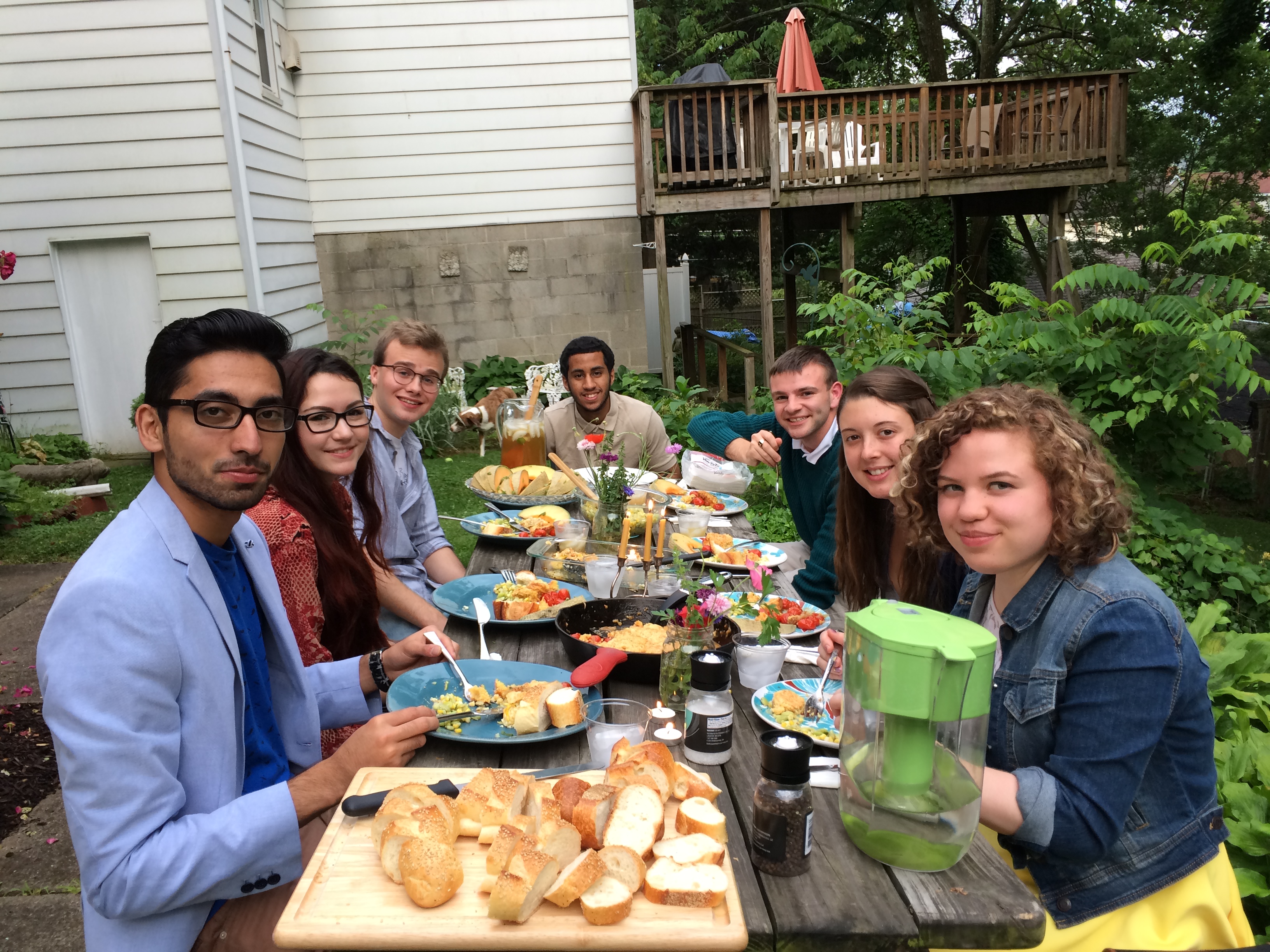There is a word in Greek that I am found of, ἀπορέω, which means something approximating “to be at a loss.” From it we take the word “aporetic,” which means to “inclined to doubt” and also “aporia,” more or less “puzzlement.” But I like the original phrase, “to be at a loss,” which is an odd construction in English, mimicking the phenomenon it describes. The gaps, the losses, lead us to puzzlement, skepticism, and also wonder. But first we have to admit a loss.
This is what I wanted for you: to begin to articulate questions and to articulate them in many ways. I wanted, at the beginning, for you to write about your personal interests in your topics because that is how you know that there are stakes to the work that you do. I’m proud to see that, even though your topics were narrowed, you didn’t (apparently) lose interest in the ideas surrounding them. That you began to see scholarship, digital and other, as a conversation, not a soliloquy. At some point all of you realized that to do what you wanted to do well, you were going to have to (a) rely on the grounding work of other scholars, and (b) to resolve not to do everything. That is the best ethos to have as a true scholar, a true researcher.
And in the same way, I was glad to see your methodologies reflecting your priorities. Building where you could and relying on the tools of others to finish or display or reveal what you couldn’t, in this time frame, on your own. My hope was that you’d see building not just as an afterthought, but as intellectual work that could enrich your thesis or work against it. As a teacher, I have room to grow here, in figuring out how to introduce tools, allow exploration and choice, but also to deeply explore the impact that each choice you make while building has on the overall argument. In the future I’d like to do more “user experience” workshops, where students test out each other’s work and try and deconstruct the visual arguments.
At points I wondered about my positioning. These are your projects; this is your work, from start to finish. Sometimes I wondered if I was pushing you enough; sometimes I wondered if I was not giving you enough freedom. These are smaller questions deriving from a bigger question: what am I offering you? Is it enough? I hope you can answer the smaller questions for me in the evaluation tomorrow. The bigger one is a landscape for me to revisit over and over.
The hardest week, for me, was the week I was away, and perhaps the first class of my return, when morale was low and I felt you all swimming with newly-refined topics, surrounded by drifting old-datasets and tools. I am so glad my colleagues came to class, because it is a good reminder to me that I am not an expert, either, and that I, too, benefit from opening up my “project” (the class) to other eyes. Your theses were so much better for it.
The best insights I had during this period came not from the readings or writings but from my students. You all said, in your presentations, papers, discussion, and panel responses, things I wish that I had thought to say. How little our work is in the wide-eyed scope of works before and after us, this collective litany of failures (Joe), and yet how valuable, to have the privilege and luxury to read and meditate on a question we love (Abdul). How community is essential (Mila), because it makes us better. To employ a Biblical metaphor: iron sharpens iron (but also, equally as important, solders soften iron, hammers and tongs bend iron, and so on and so forth). We are not only about sharpening but also about expanding and narrowing and making something solid and beautiful. It’s a lot of work, and we need others.
To that point, we, as scholars, participate in something that extends before us (Tawfiq) and could extend beyond us, with a transparent process and a degree of generosity (Will). How, at this moment, looking at the world, we have to first acknowledge our understanding is incomplete (Jillian), and that the terms we use to voice our understanding change over time (Caroline). In order to pin down anything, we have engage our critical, our common, and our musical (broadly speaking) selves with our work (Johnny).
I care very much about what you made; I care even more about you. I’m at a loss to say more.
Congratulations on finishing a very small thing. I hope this is just the beginning.
Sarah
